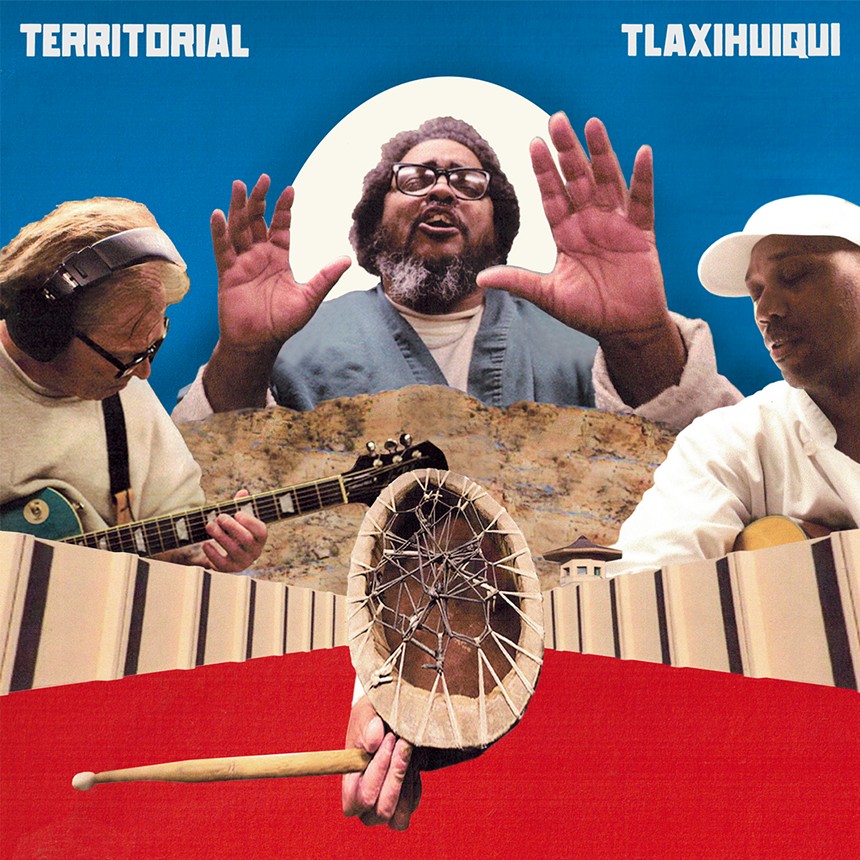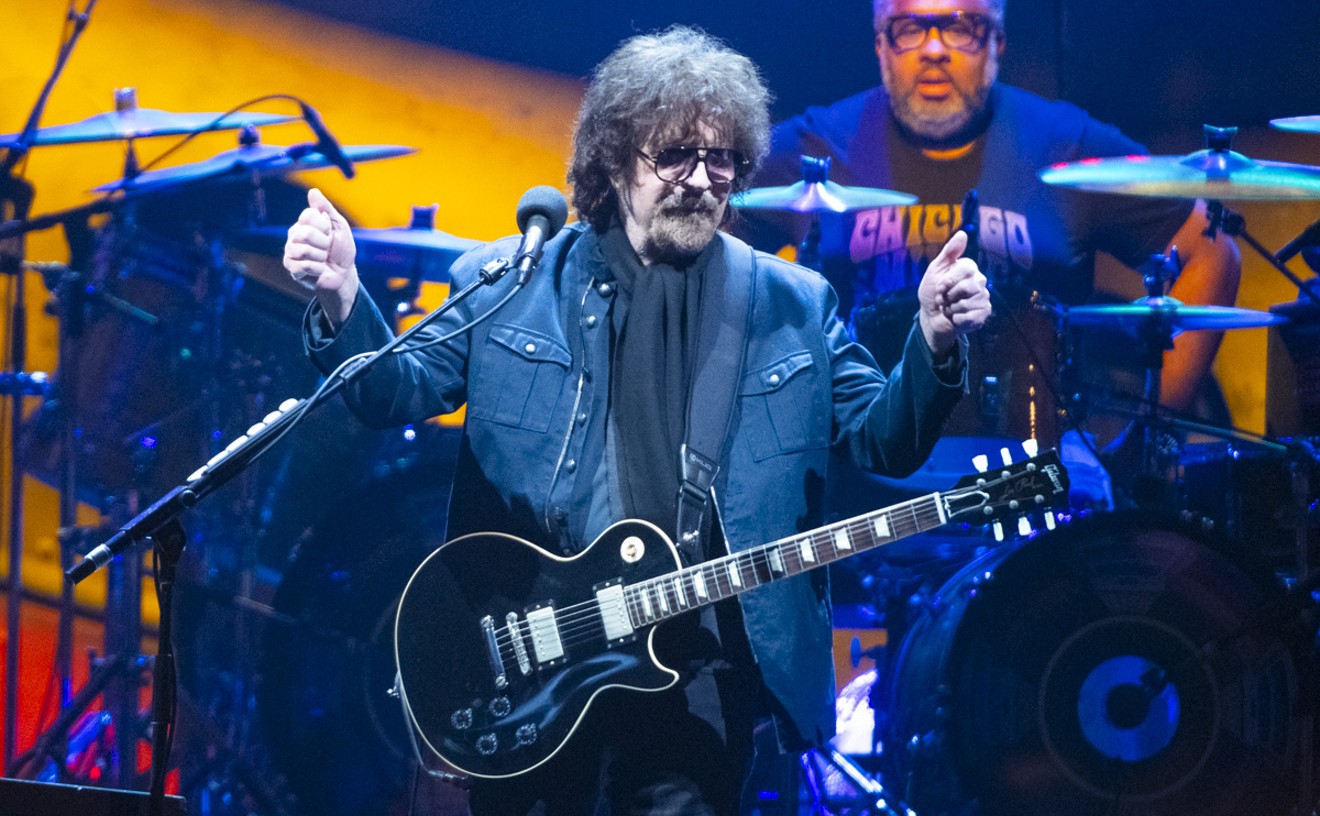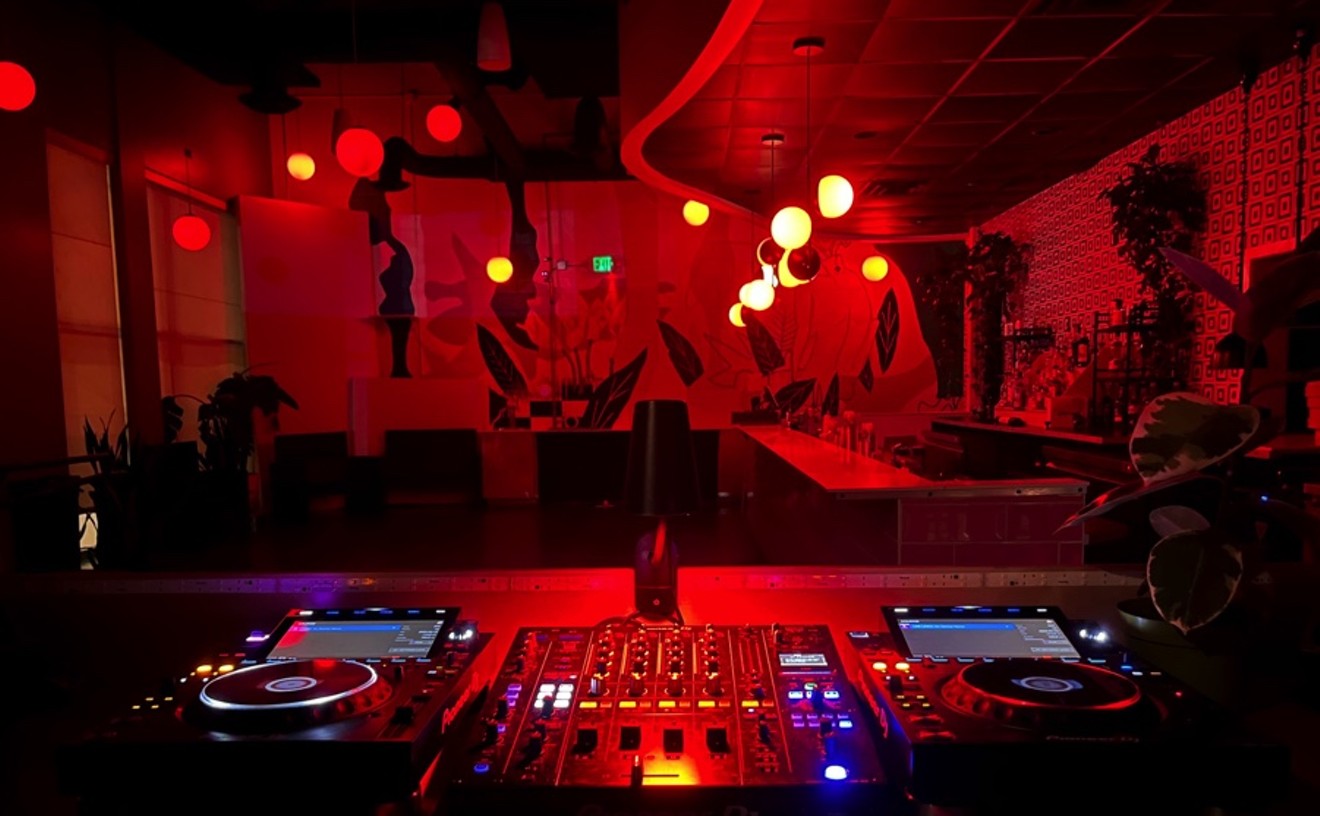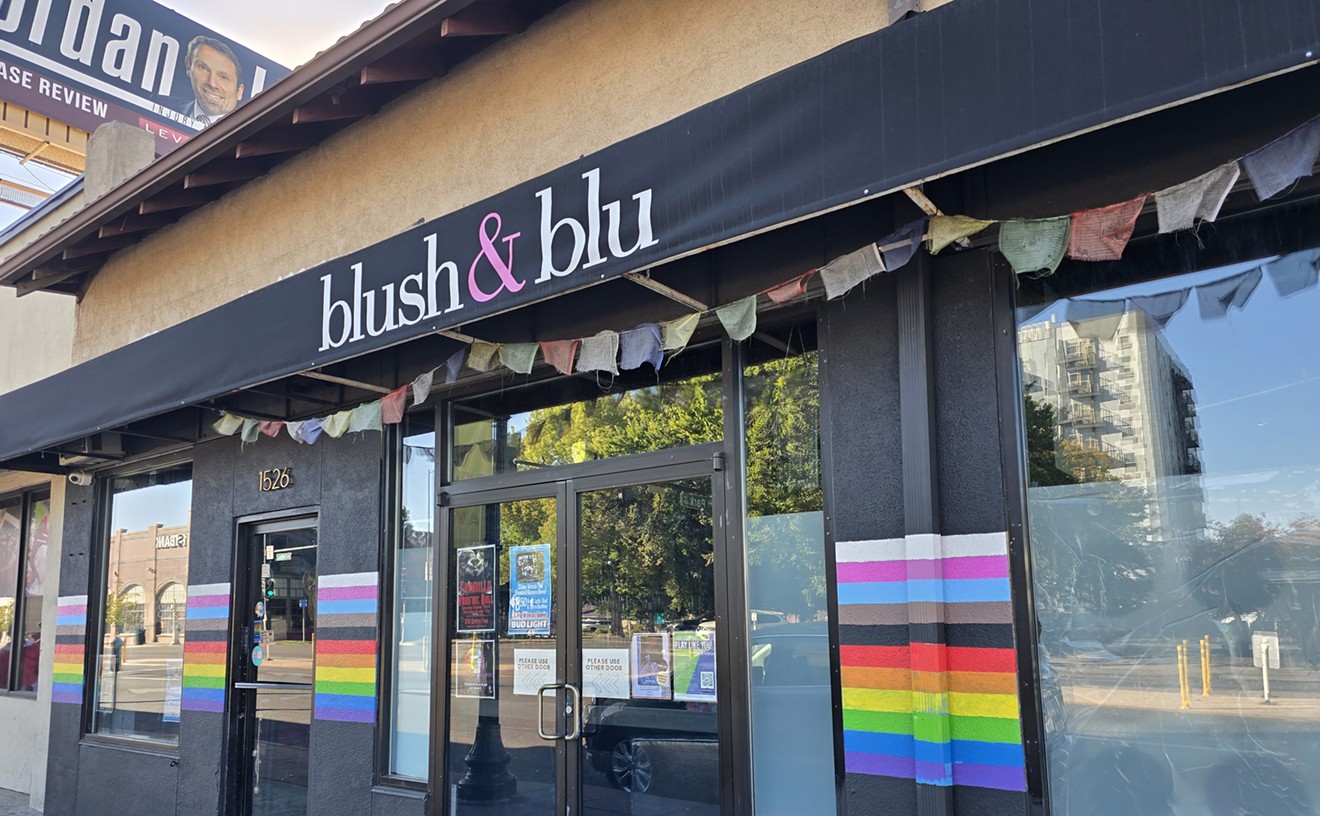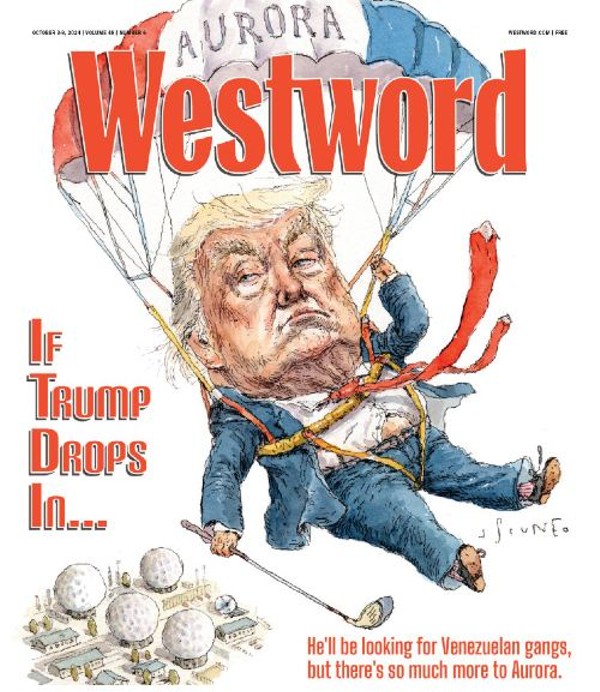With support from nonprofit record label Die Jim Crow Records, which was founded by Fury Young, the group unveiled a thirteen-track album called Tlaxihuiqui, which means "the calling of the spirits" in the Uzo-Aztecan language of Nahuatl. Tlaxihuiqui is a progressive Americana album incorporating blues, hip-hop, spoken word and Indigenous Nahuatl chanting.
On the deeply personal project, which explores themes of criminality, redemption, remorse and healing, these seven artists offer an unprecedented window into life in prison. Since Die Jim Crow Records is a nonprofit, any proceeds from the album will be distributed to the artists involved as soon as legally possible, in accordance with state laws.
Despite having never been incarcerated himself and having no experience with music production, Young was moved to work with incarcerated musicians after reading Michelle Alexander's The New Jim Crow: Mass Incarceration in the Age of Colorblindness in 2013.
"I had had experience myself with formerly incarcerated folks in New York City, where I was born and raised," Young says. "But I didn't really understand it on a national level at all, in terms of mass incarceration and the racial aspect to it. You just sort of knew growing up in New York that people of color had less of a fair shake, but then when I read that book, it was like, 'Okay, this is something that's rooted in these things, and this author is positing that this is like a new racial caste system.'"
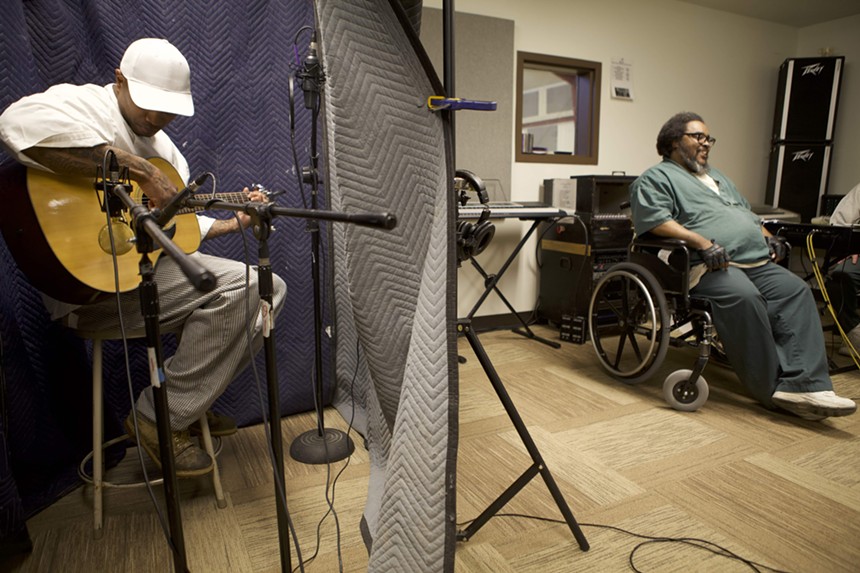
Die Jim Crow set up a makeshift recording studio inside the facility.
Courtesy of Die Jim Crow Records
Around the time he read The New Jim Crow, Young was also listening to Roger Waters and Pink Floyd concept albums on rotation, which made him ponder the relationship between music and politics.
"Those [albums] had a big impact on me, of seeing music through this cinematic and also political lens, and a very interesting marriage of the two," says Young. So he came up with an idea to record a concept album about racial discrimination in the prison system, with musicians who were actually incarcerated. The working title, Die Jim Crow, referenced a nineteenth-century plantation song. His intention with the name was to draw the parallel between slavery and mass incarceration, and to call for the end of stereotypes and misconceptions of the "other."
"I felt like it was a really good way to depict a moment in history and do it through song," he says. "And then, of course, the social justice aspect of actually working with the people inside. I remember in Michelle's book, that felt like something that was kind of lacking in a way. I really was thirsting for more of the personal stories and hearing from those individuals directly. So I decided to tap some of those folks, and here I am eight years later, with lifelong relationships with many, many people inside and formerly inside."
Young quickly found that gaining access to prison facilities was more difficult than he had anticipated. He was able to record at one facility in Ohio in 2015, which resulted in a 2016 EP called Die Jim Crow, but still wanted more material for a second EP. So in 2017, he gave a presentation on Die Jim Crow at a conference in Dallas in hopes of making connections that could lead to future recording opportunities.
"I did a short presentation on Die Jim Crow, which at the time was just one album, and it was very specifically about racial injustice in the U.S. prison system and the Black experience, and I was kind of strict about only Black musicians can be the voices and writers on this album," Young says. Afterward, he was approached by Claudia Whitman, a pro bono innocence investigator, about an incarcerated musician she had been friends with for twenty years. The only issue? He was a white man.

Jose "8Bizz" Talamantes records a rap verse for the track "Mama's Cryin'."
Courtesy of Die Jim Crow Records
Even though Young was not looking for white musicians, he figured it was worth exploring the connection to see if Whitman's friend knew any Black musicians inside with him. He received an enthusiastic letter from the friend, a man named Michael Tenneson who was incarcerated at Territorial Correctional Facility in Cañon City, Colorado. Coincidentally, Young also met the director of the Colorado Department of Corrections, Rick Raemisch, around the same time. Raemisch granted Young four days to record at the prison in April 2018, and with the help of Tenneson, he recruited six other musicians.
When Young first spoke with Whitman at the Dallas conference, he had no idea who Michael Tenneson was. But after doing some research, he started to have second thoughts about working with him. Tenneson had been convicted of five murders in Colorado and Wisconsin, and had just narrowly escaped the death penalty.
"I didn't really know much about Mike at all besides what [Whitman] said in the conference," Young recalls. "But when I looked him up later, I was like, 'Wait a second, this guy has this super, super, heinous crime. Who is this Claudia lady, and is she nuts? Did she just connect me with a total psycho?' But when I got the first letter, I was like, 'Okay, maybe I can give this guy a chance.'"
As Young cautiously began building a relationship with Tenneson, other inmates caught wind of the project and wanted to participate, too. Young's risk paid off.
"There's a lot of aspect to it that is just trust," he says. "You have to trust the people. It started with Claudia Whitman, who I just trusted, and then it went to Michael Tenneson, who, after I got that first letter from him, I offered a bit of trust to him, which would slowly grow. And then that led to Dane Newton, who is Zealot, and Kevin Woodley. And then we started to expand as guys heard about the project and came up to Mike."
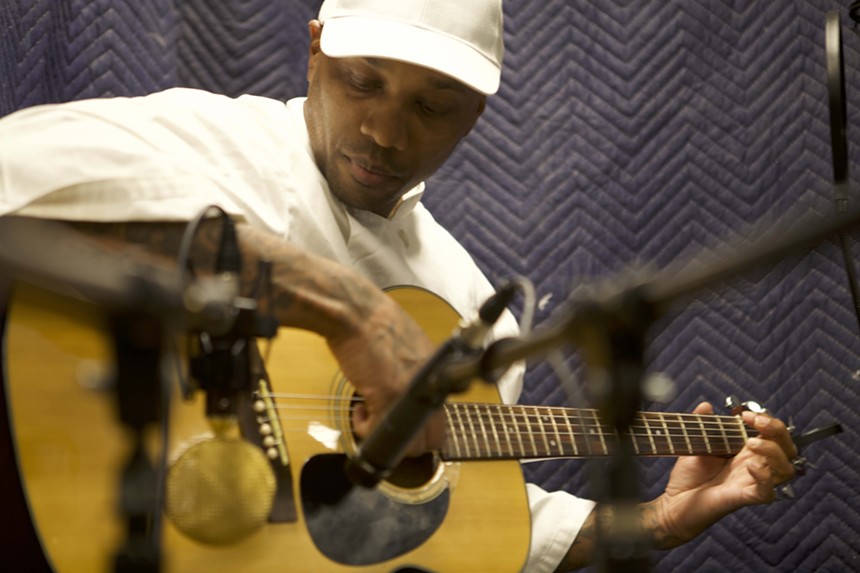
Dane Stephan Newton, aka Zealot, is a self-taught guitarist, singer, songwriter and composer.
Courtesy of Die Jim Crow Records
Die Jim Crow, which officially launched as a nonprofit record label in 2020, doesn't discriminate based on an inmate's crime. The label's official policy, as listed on its website, is that the group will work with any incarcerated artists as long as they demonstrate a desire to better themselves and their communities.
"It's not so much about, 'This person did a horrible crime, so therefore they shouldn't work with us.' It's sort of about where their energies are at," Young explains. "And that's where it gets like, okay, that's kind of a hippy-dippy response and maybe should be a little bit refined, but that's just where I'm at right now, to be quite candid with you."
Though the policy may seem vague, there are certain traits that Young looks for when determining if someone is the right fit for Die Jim Crow.
"Usually when you have people who are committed to music and are very serious artists and are interested in working in a group environment, with a lot of teamwork that goes into that, these are people who have gone through some kind of maturation and some kind of change, and that process weeds a lot of the uncooperative people out," he says. "The clear signs are like: Is this person willing to bring others into the group? Is this person speaking highly of other individuals who they then brought into the group? Is this person handling some of the little hiccups, or maybe big hiccups, that come along the way? Is this person trustworthy, in that they can keep certain things under wraps? Are they discreet? Can they exercise restraint? You start to really see that when you work with someone on music, especially with people in leadership roles."
Ultimately, incorporating the perspectives of inmates with all different backgrounds is essential to creating an accurate representation of prison. "No one on this album really has a redeemable crime, so to speak," Young admits. "But it's nuanced, you know? It's just complex, and that's what prison is."
From the people involved to the final product, the experience of recording Tlaxihuiqui was not at all what Young originally envisioned. Initially, the album was going to be divided into three narrative acts, telling the story of pre-prison, incarceration and re-entry into society from the perspective of incarcerated Black Americans. But the project took on a life of its own. Once he began recording with the Territorial artists, Young realized he had way more material than a second EP could contain, so he re-conceptualized the project as a full-length album called Tlaxihuiqui, which would be just one in a series of albums under the Die Jim Crow umbrella.
"You can't control it," he says. "It's like as soon as you get access, all your curated ideas and stuff you need to leave at the door, to some degree. It was like, a lot of the songs we recorded for that concept, and then we had some extra time, and it always kind of works like that. You come in with one idea, but because of the guys there and all the ideas they have, it just grows," says Young.
One element that Young always knew he wanted to include was Native American chanting, and thanks to two Indigenous artists inside, he was able to make that happen.
"Even though it didn't necessarily tie into the Black experience, it just felt right in terms of Jim Crow and oppression to have the Native voice on there," Young explains. "So I very intentionally asked Mike to find some Native American artists who he knew from the sweat lodge, and he found Archi and Lefty."
Phillip "Archi" Archuleta and Gilbert "Lefty" Pacheco agreed to bring an Indigenous perspective to the album on tracks like "Tlaxihuiqui" and "Chicahuac." They joined Frankie Domenico (who is now out on parole), Newton, Jose "8Bizz" Talamantes, Woodley and Tenneson, forming a group of artists much more diverse than Young had anticipated.

From left to right, Phillip "Archi" Archuleta, Gilbert "Lefty" Pacheco and Michael Tenneson.
Courtesy of Die Jim Crow Records
"What later became '8788' — that was actually Act Two, and it was a song about solitary confinement, and it was actually done entirely differently, with Kevin Woodley. It was okay, but it was just okay, so in the spur of the moment, I asked Mike to just go in there and talk about his experiences when he was in solitary confinement, which was when he first got locked up, so it had to do with the years ’87 and ’88," Young says.
The result, a spoken-word piece by Tenneson accented by violin and guitar, is absolutely chilling. Since Tlaxihuiqui came out last month, "8788" has been the most talked-about song on the album, and with good reason.
"I'm still a man, goddamnit; take me out of this fucking cage," Tenneson pleads on the track, recounting horrific childhood trauma, years of substance abuse and battles with mental illness with shocking candidness. The album's thematic content purposely reaches beyond the prison experience to explore the systemic circumstances that led up to each artist's incarceration.
Newton, who sings and plays guitar on the album, hopes that including glimpses of their pre-prison lives will help listeners see the artists as humans rather than prisoners. He says, "I hope people take away from this album that every one of us has a very complex, colorful and sometimes tragic past, and we're all dancing through life with wounds. For my part, my songs express parts of my wound."
Not only are the album's lyrics unapologetically devastating, but the extraordinary vocal and instrumental talent displayed by the incarcerated artists also serves as a painful reminder of what their lives, and their art, could have been.
Newton started pursuing music as a child singing in his church choir. Frankie Domenico learned the violin as a teen in a public-school music program. Kevin Woodley took vocal classes as a kid and played in a Christian band prior to his incarceration. In this sense, Tlaxihuiqui is a collage of shattered lives. It will wreck you, but that's exactly the point. Like it or not, it's impossible to listen to this album and not be changed by it.
"I think there are some really challenging conversations that can be had around this album alone," says Young. "Some of them will not be fun ones. But I think that nonetheless, they're super important, because an album like this simply hasn't come out before, ever. So it will be quite interesting to see how people's conversations about mass incarceration, potentially about prison abolition, are shaped by hearing a song like '8788' and then hearing 'Holy Rain,'" says Young of Tlaxihuiqui's potential impact. "Whether you're an abolitionist or a conservative reformer, it's something that we don't have all the answers for, and I hope this album gives the public a more informed and nuanced perspective on the prison experience and how we can make it better for this country and beyond."
Newton and his fellow incarcerated artists on the album are glad the general public can hear the realities of prison directly from those who are living the experience. "Prison, as it is structured today, is a joke," he says. "If you hired someone to do a job and they failed to deliver the goods, would you keep giving them your money? No. Well, prison has not produced the goods. Some of us on the inside, as well as the other freedom fighters on the outside, understand this flaw in the system. So we have reimagined prison and set our hearts to do the work. And music, art expression, is a part of it, because it's healing."
No matter how the public reacts to Tlaxihuiqui, the album has already had a positive effect on the artists who recorded it, and that's enough for Young.
"I've been in touch with all seven of the Territorial artists since 2018, and it's a beautiful thing," he says. "I've gotten to see so much gratitude from these guys for staying in touch and really building a community, like a network. Like, people know about Dane Newton now; people know about Archi and Lefty and everybody — and that's amazing. And I think it's only just beginning. So I think it's made people's lives better. It's improved their quality of life and given them a sense of value and purpose and hope. To be able to provide that for people is amazing, and I think it's healing," Young says.
Newton agrees wholeheartedly: "Music has absolutely been redemptive as well as healing. Music reaches the fractured soul; it breathes in and through the broken parts where the light struggles to reach."
Tlaxihuiqui is available for streaming and download on all music platforms now. For more information, visit Die Jim Crow Records online.



